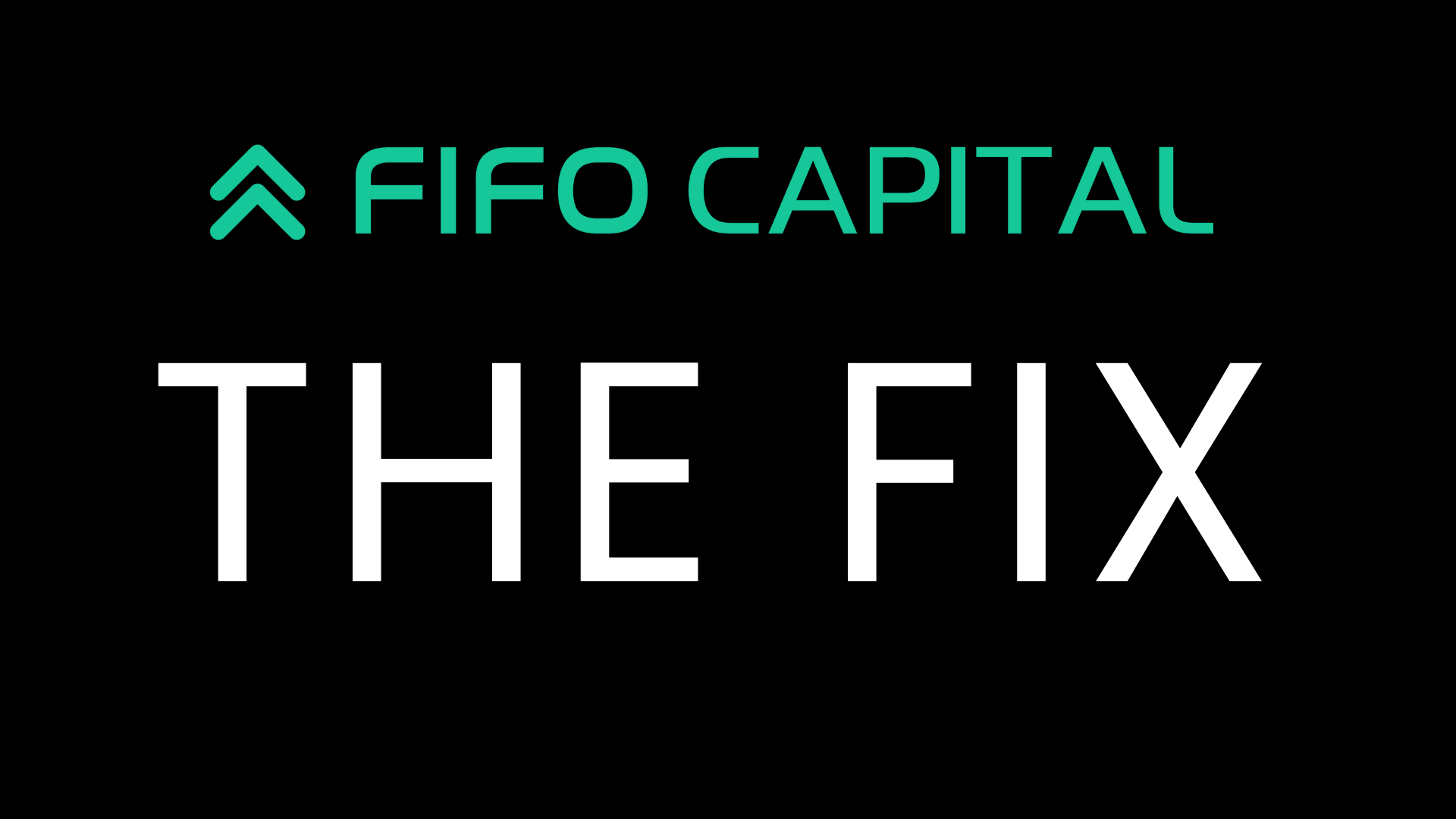Learn International Trade Financing: Tips and Strategies

If you’re an Australian SME business owner looking to expand your global reach, then international trade financing may be an attractive option. But what is it, and how does it work?
In this article, we will guide you through the key insights and tips for securing international trade financing.
We will break down different types of trade financing, including invoice finance, letters of credit, bank guarantees, and factoring.
We will also cover the approval process, required documents, and choosing a lender.
By the end of this article, you’ll be equipped with the knowledge to choose the best financing options for your business.
Key insights
- International trade finance is a way for businesses to fund cross-border transactions
- Different types of trade finance products have their own benefits and drawbacks
- There are several factors to consider when choosing a trade finance product, such as cost, time to receive funding, and who the product is designed for
- Working with finance experts like Fifo Capital can help you navigate the trade finance landscape and find the best options for your business.
Table of Contents
What is international trade finance?
International trade finance is a way for businesses to fund cross-border transactions, such as importing or exporting goods and services.
It involves a variety of financial instruments and products, including letters of credit, bank guarantees, and invoice financing options.
These products help mitigate the risks associated with international trade, such as currency fluctuations, political instability, and payment defaults.
Importance of international trade finance
For SME business owners, international trade financing can be crucial in facilitating growth and expansion.
Without access to financing, businesses may struggle to secure suppliers, fulfil orders, and ultimately grow their customer base.
International trade finance provides businesses with the working capital they need to seize global opportunities.
How does it work?
International trade finance works by providing financing to businesses involved in cross-border transactions.
The financing is typically secured against the underlying trade transaction, such as a purchase order or invoice.
This means that if the buyer defaults on payment, the lender can recoup their funds from the transaction.
The specific terms and conditions of trade finance products vary depending on the product and the lender.
When should you apply for international trade finance?
If your business engages in cross-border transactions, it may be time to consider applying for international trade finance. This type of financing can help provide the working capital you need to secure suppliers, fulfil orders, and take advantage of global opportunities.
Timing is key when it comes to international trade financing. Be sure to plan ahead and apply for financing well in advance of any cross-border transactions.
This can help ensure that you have the necessary funds in place when you need them, and can help you avoid delays or missed opportunities.
At Fifo Capital, we understand the importance of timely financing to support your business growth.
Our team works closely with you to provide tailored solutions and access to funds to help you succeed in the international marketplace. Contact us to learn more about how we can help you get the financing you need to achieve your goals.
Which type of trade finance to choose?
There are several types of trade finance products available, each with their own benefits and drawbacks. Here is a breakdown of some of the most common types of trade finance products:
| Trade Finance Product | How it works | Benefits and Drawbacks | Funding Time | Best for | Who it’s designed for |
|---|---|---|---|---|---|
| Letters of Credit | Bank issues a letter of credit guaranteeing payment to the supplier upon delivery of goods or services. | Benefits: Provides security for both buyer and seller. Drawbacks: Can be expensive and time-consuming. | Funding time varies depending on bank and transaction complexity. | Companies that want assurance that they will receive goods or services before making payment. | Any industry that engages in international trade can benefit from letters of credit. However, this type of trade finance may be more suitable for industries that deal with high-value goods or have a higher risk of non-payment, such as the automotive or electronics industries. |
| Bank Guarantees | Bank guarantees payment to a supplier if the buyer fails to fulfil its obligations. | Benefits: Provides security for both buyer and seller. Drawbacks: Can be expensive and time-consuming. | Funding time varies depending on bank and transaction complexity. | Companies that want assurance that they will receive goods or services before making payment. | Bank guarantees are suitable for any industry engaged in international trade, but particularly those dealing with high-value goods such as the oil and gas industry. |
| Supply Chain Finance | Supplier receives early payment for goods or services from a third-party finance provider. | Benefits: Helps to improve cash flow for suppliers. Drawbacks: May require suppliers to accept lower payment than if paid by the buyer directly. | Funding time can be as little as a few days. | Suppliers that need early payment for goods or services. | Suitable for industries with long supply chains and SME suppliers that lack access to traditional financing options, such as retail and manufacturing. |
| Factoring | Seller sells its invoices to a third-party factoring company for a percentage of their value, allowing for immediate payment. | Benefits: Provides immediate cash flow for seller. Drawbacks: Can be expensive. | Funding time can be as little as a few days. | Companies that need immediate cash flow but have slow-paying customers. | Factoring is suitable for industries with slow-paying customers or those that require immediate cash flow to fund operations or growth, such as transportation, logistics, and construction. |
Note: Costs and funding times can vary widely depending on the specific transaction and the parties involved. This table provides a general overview of the benefits, drawbacks, and intended uses of each trade finance product.
LEARN MORE | Read our guide on choosing a trade finance company
Trade Finance Examples in Australian SMEs
- Exporter of Agricultural Products: An Australian exporter of agricultural products requires finance to fund the purchase of goods, such as grains or fruits, from local farmers. This exporter then exports the goods to international buyers. The exporter can access trade finance solutions, such as supply chain finance, which allows them to receive funds based on their invoices from the international buyers, rather than waiting for payment terms to be fulfilled.
- Importer of Consumer Goods: An Australian importer of consumer goods, such as electronics or clothing, requires finance to fund the purchase of these goods from overseas suppliers. The importer can access trade finance solutions, such as letters of credit, which guarantee payment to the supplier upon the shipment of goods. This provides security to both the importer and the supplier, and allows for smooth international trade transactions.
- Manufacturer of Industrial Equipment: An Australian manufacturer of industrial equipment requires finance to fund the production of their goods, which will be exported to international buyers. The manufacturer can access trade finance solutions, such as export finance, which provides them with a loan or credit facility based on their export sales. This allows the manufacturer to continue producing goods and fulfilling orders, while waiting for payment from their international buyers.
Comparing the Benefits and Risks of International Trade Financing
When considering international trade financing, it’s important to understand the benefits and risks associated with each financing product.
For instance, while letters of credit and bank guarantees can provide security for both parties involved, they can also be time-consuming and costly.
In contrast, supply chain finance can enhance cash flow for suppliers and be up in running quickly, but it may require some operational changes to use it effectively.
To determine the best option for your business, it’s crucial to evaluate your specific needs and objectives, and consult with specialists in SME finance.
With their expertise, you can assess your options and make informed decisions that will help you succeed in the competitive international trade market.
Consulting Finance Experts
Before applying for financing, it’s always a good idea to seek advice from specialists in SME finance.
At Fifo Capital, we have a deep understanding of how to help SMEs access the funds they need by unlocking their working capital. Our team of specialists can provide valuable insights and guidance tailored to your specific business requirements.
We offer a range of financing solutions designed to support SMEs in international trade. Whether you need trade finance, supply chain finance, or working capital funding, Fifo Capital can assist you in finding the right solution. Our expertise and experience in the industry enable us to understand the unique challenges faced by SMEs and provide customised financing options to meet their needs.
How to Apply for Financing
To apply for international trade financing, you need to follow several steps, such as gathering required documents, selecting a lender, and going through the approval process.
Required Documents
Applying for international trade financing can be a complex process that involves a lot of paperwork, or relatively straightforward, depending on the type of trade finance you need.
However, some common documents include invoices, purchase orders, shipping documents, and financial statements.
Approval Process
The approval process may differ depending on the lender and the financing product you’re applying for. Typically, it involves a review of your creditworthiness, financial history, and the transaction details.
At Fifo Capital, for instance, once we have your complete application, we will evaluate your application and work with you to determine the best financing solution for your business needs, and provide an indicative offer within 24 hours.
Learn How Fifo Capital Helps Companies Choose International Trade Finance Products
If you’re an Australian SME business owner looking for international trade finance, Fifo Capital offers a trade finance facility that provides funding up to $2 million with 100% advance and up to 210-day terms.
You can pre-pay your suppliers and extend your terms, and once your facility is set up, you can start paying your suppliers on the same day.
Rates start at 7.5% per annum, and there is an option to keep financing undisclosed to suppliers.
To see how we can help your business access the funds it needs to succeed and grow, get in touch.
Conclusion
International trade financing plays a crucial role in facilitating growth and expansion for Australian SMEs. By exploring various trade finance options, such as letters of credit, bank guarantees, supply chain finance, and factoring, businesses can mitigate risks and secure the necessary funds to engage in cross-border transactions.
Choosing the right trade finance product requires careful consideration of your business requirements, costs, and benefits. Consulting with specialists in SME finance, such as Fifo Capital, can provide you with the expertise and guidance needed to make informed decisions.
At Fifo Capital, we are committed to supporting the growth and success of Australian SMEs in the international marketplace. Through our tailored financing solutions, transparent processes, and deep industry knowledge, we help businesses access the funds they need to thrive.
To learn more about how Fifo Capital can assist your business with international trade financing, business loans, supply chain finance, and working capital funding, please contact us or visit our website for more information. We are here to support you on your journey to international business success.
Additional Resources
At Fifo Capital, we believe in transparency and providing clear information about how our funding works. If you’re interested in understanding the process of funding with Fifo Capital, you can visit our page on how funding works. It explains the steps involved and gives you a clear understanding of how we can assist you in accessing the funds you need.
In addition to trade finance, Fifo Capital also offers business loans to support your growth and expansion plans. Our business loans provide flexible financing options to cover various business needs. Whether you require funds for equipment purchases, inventory management, or operational expenses, our business loans can provide the financial support you need. To learn more about our business loan offerings, you can visit our business loans page.



